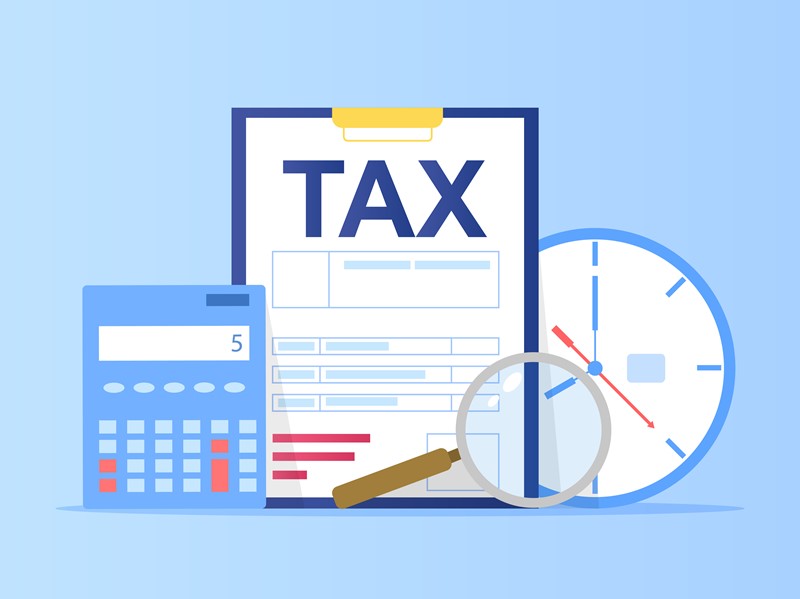If you have recently setup a new limited company or are thinking of doing so then one of the areas that you need to be aware of is the accounts and tax filing regime for companies.
After the end of its financial year, a private limited company must prepare full annual accounts and a company tax return. In most cases a company’s tax return must be submitted within 12 months from the end of the accounting period it covers. Online Corporation Tax filing is compulsory for company tax returns. Company tax returns must be submitted using either HMRC’s own software or third-party commercial software approved by HMRC and in the required format.
The accounting period for Corporation Tax is normally the same 12 months as the company financial year covered by the annual accounts. There is a separate fixed date for the payment of Corporation Tax which is 9 months and 1 day after the end of the relevant accounting period. This means that a company is usually required to pay any Corporation Tax due in advance of the filing deadline for a company tax return.
A company has a right to amend its company return within 12 months from the statutory filing date. Examples of when a return may be amended include claims for group relief and elections rebasing for capital gains.
There are penalties for late submission of company tax returns. There is a standard penalty of £100 for a late submission of the return within 3 months of the due date and a £200 penalty if the return is over 3 months late. Companies that submit late returns for 3 or more accounting periods in a row are subject to increased penalties. There are further tax based penalties for companies that do not file a return within 18 months of the end of the relevant accounting period and which have not paid the tax due. These penalties can be either 10% or 20% of the unpaid tax depending on the lateness of the filing.



